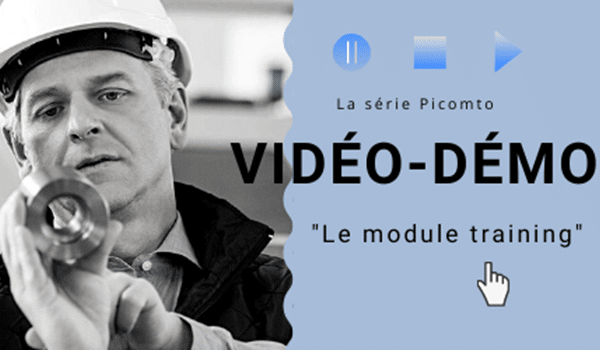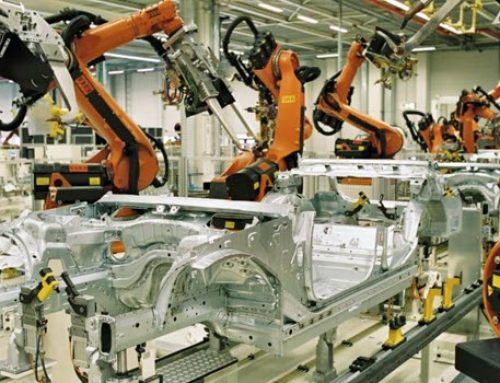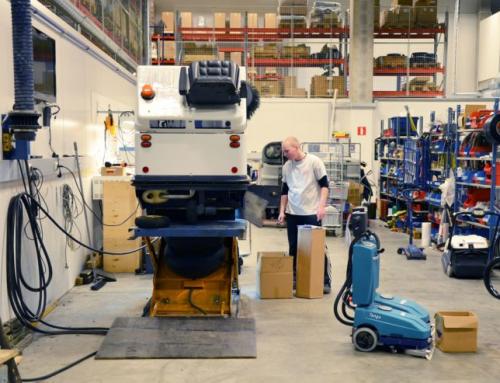Technical skills require a great deal of time and resources (human and materialistic) to be acquired and accumulated. It is a valuable asset that the company must preserve, protect and enhance. In a word: capitalize. What exactly is the capitalization of knowledge, skills and talents? Why is this approach so important and what issues are related to it?
What is the capitalization of technical skills?
It is about extracting, structuring and saving the knowledge created and acquired in the practice of the company’s activity. The skills created and acquired, the know-how and the feedback form a set of information of crucial value for any company. They need to be preserved, enriched and optimized. Capturing the company’s technical skills means avoiding the loss of this hard-earned knowledge.

There are generally two types of knowledge: implicit and explicit. Also known as tacit knowledge, implicit knowledge refers the know-how of employees. It arises from the daily practice of the latter within their respective positions, contact with their tools, equipment and work environment. These are skills, sometimes tricks, which are not easy to formalize but they are important because they can save time, be more efficient and more productive. They are transmitted orally, more or less informally, from the oldest to the newcomers.
Explicit knowledge is directly integrated into written documents or the computer system. It is transmitted in a tangible and palpable manner through physical or electronic media (technical document, operating procedure…).
One of the main interests of the company’s capitalization (knowledge and skills) is that it helps to organize and facilitate their transmission. In addition, structuring them allows them to be updated and enriched.
How does it work and what methods are used?
It is a procedure specific to each company, adapted to its specificities and needs. However, a general organization model for the capitalization of skills and knowledge can be identified. This model varies from company to another, but the broad lines can be found in most of them.
It is divided into 5 phases:
- Identification of knowledge which is certainly the most difficult part and is often entrusted to a coordinator.
- Collection, analysis and formalization that are carried out with the participation with all collaborators.
- Validation and registration which are the responsibility of the manager or expert
- Operation and provision
- Updating and enrichment together with the previous phase are entrusted to the manager
As for the methods used for analysis and modeling at the service of knowledge management, we can mention in particular the MKSM (Method of Knowledge System Management) that provides decision support, process control and a quality system, the REX that takes into account positive and negative feedback based on 8 criteria (relevance, coherence, synergy, effectiveness, efficiency, sustainability, impact, flexibility, the MASK (Method for Analyzing and Structuring Knowledge) which is part of a global formalization process as well as the KADS (Knowledge Acquisition and Documentation Structuring) which is characterized by its problem solving methods.
What are the challenges ?
Capturing technical skills and therefore capitalizing them poses a number of problems that the company must strive to master in order for its approach to be efficient.
The first is related to the need to identify the most important knowledge and skills for the company, those that are at the core of its business. It is a task of identification and prioritization that will be decisive in the subsequent operations, as it will determine the organization of these operations to a large extent.
The second challenge is the preservation of this knowledge or how to acquire, formalize and preserve it.
Then, comes the valorization, in other words, putting this knowledge at the service of the development of the company by ensuring its accessibility, dissemination and security.
Finally, the update is the last issue associated with management and capitalization of skills. It encompasses their evaluation, update and enrichment through the integration of information from feedback but also from outside the organization.
About Picomto
Today, the industry is linked to a major problem which is the transmission of knowledge. The formalization and sharing of knowledge in an industry is essential for its present and future. Age pyramid, good practices, obligation to follow precise procedures…
Picomto is born from this observation and offers the solution to capture and disseminate the industry’s know-how.




Leave A Comment